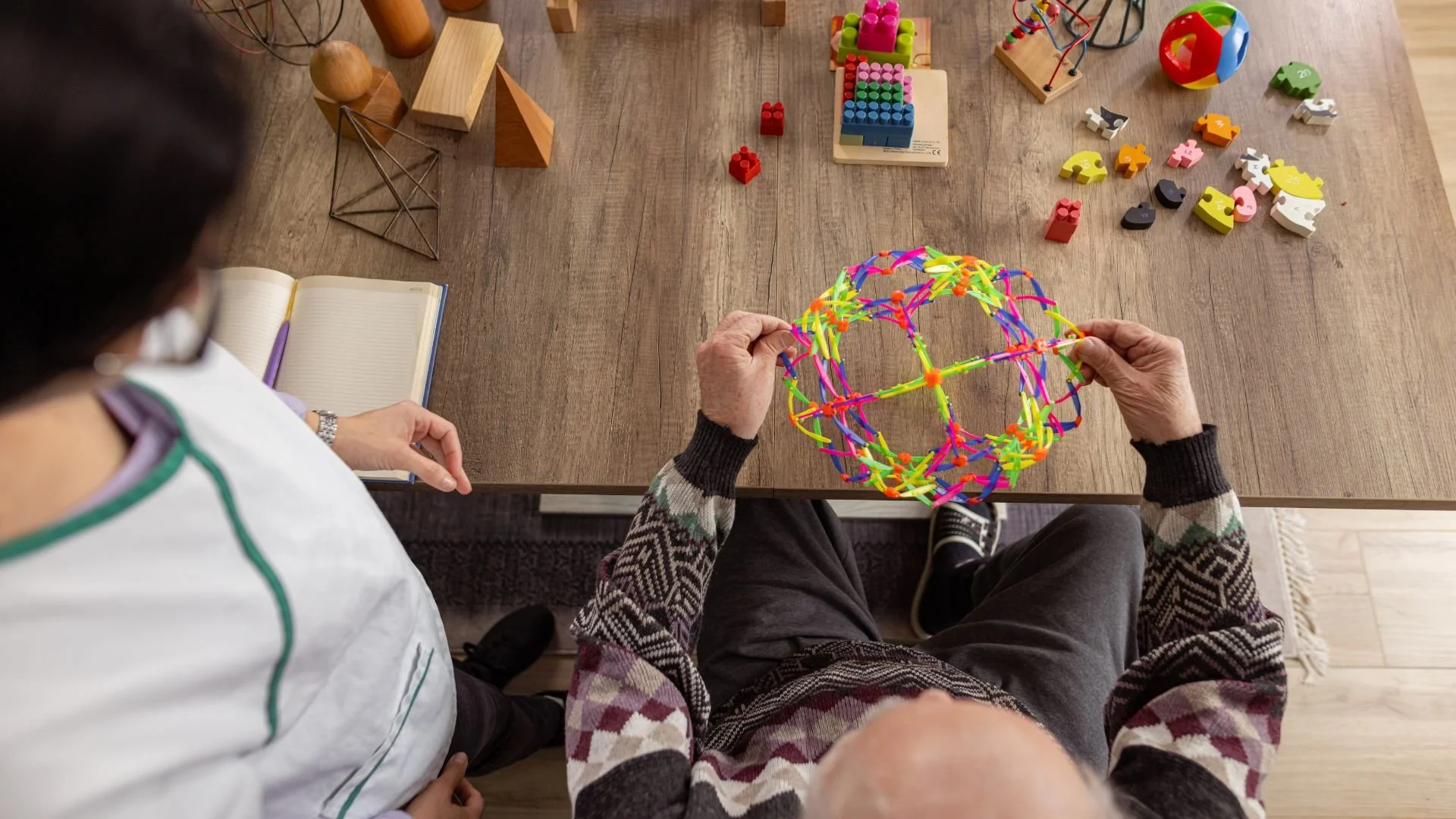3 Ways To Keep the Brain Sharp For Seniors With Alzheimer's
Caring for seniors with Alzheimer's disease involves more than just managing symptoms—it's about enhancing their quality of life and maintaining cognitive function for as long as possible.
Alzheimer's, a progressive neurological disorder that causes the brain to shrink and brain cells to die, affects memory, thinking, and behavior. However, research suggests that engaging in certain activities can help keep seniors' minds sharp and potentially slow the progression of the disease.
By Stephen Vreeland, Owner
Here are three effective strategies to support brain health in seniors with Alzheimer's.
1. Mental Stimulation
Engaging in mentally stimulating activities is crucial for seniors with Alzheimer's. Activities that challenge the brain can help maintain cognitive function and encourage neural connectivity. Consider incorporating puzzles, memory games, and problem-solving activities into daily routines.
Even simple tasks like reading, playing musical instruments, or learning a new hobby can stimulate the brain and promote mental agility. Research has shown that continuous mental activity can lead to a slower decline in cognitive abilities, making this an essential strategy for brain health.
2. Physical Exercise
Physical activity is not only beneficial for physical health but also for cognitive function. Regular exercise can improve blood flow to the brain, which may help maintain brain health and slow down cognitive decline.
A routine that includes gentle exercises such as walking, tai chi, or yoga can be particularly beneficial for seniors with Alzheimer's. These activities promote cardiovascular health, improve balance, and enhance overall well-being. Studies suggest that physical exercise can also improve mood and sleep quality, reducing symptoms of anxiety and depression that often accompany Alzheimer's disease.
3. Social Engagement
Maintaining social connections is vital for seniors with Alzheimer's. Social interaction can boost mood, reduce the risk of depression, and encourage cognitive engagement. Engaging in group activities, visiting friends and family, or participating in community events can provide valuable social stimulation.
Additionally, conversation and interaction can help preserve language skills and promote emotional health. Encouraging seniors to share stories, participate in group discussions, or engage in social hobbies can provide a sense of belonging and support mental sharpness.
While there is currently no cure for Alzheimer's disease, adopting strategies to enhance cognitive function can make a significant difference in the lives of seniors affected by this condition.
Mental stimulation, physical exercise, and social engagement are three key approaches that can help keep the brain sharp and improve the quality of life for seniors with Alzheimer's. By incorporating these strategies into care plans, caregivers can provide supportive, enriching environments that nurture both mind and body.
Learn more about our Alzheimer’s Care program to get started on professional caregiving support right in your elderly loved one’s home.
Or contact us for more information.
Count on us for dedicated care!
Legal Disclaimer
This blog offers general insights and discussions on ways to help an elderly person with dementia or Alzheimer’s disease to keep their brain sharp. It is not intended to be, and should not be interpreted as, medical or legal advice.


